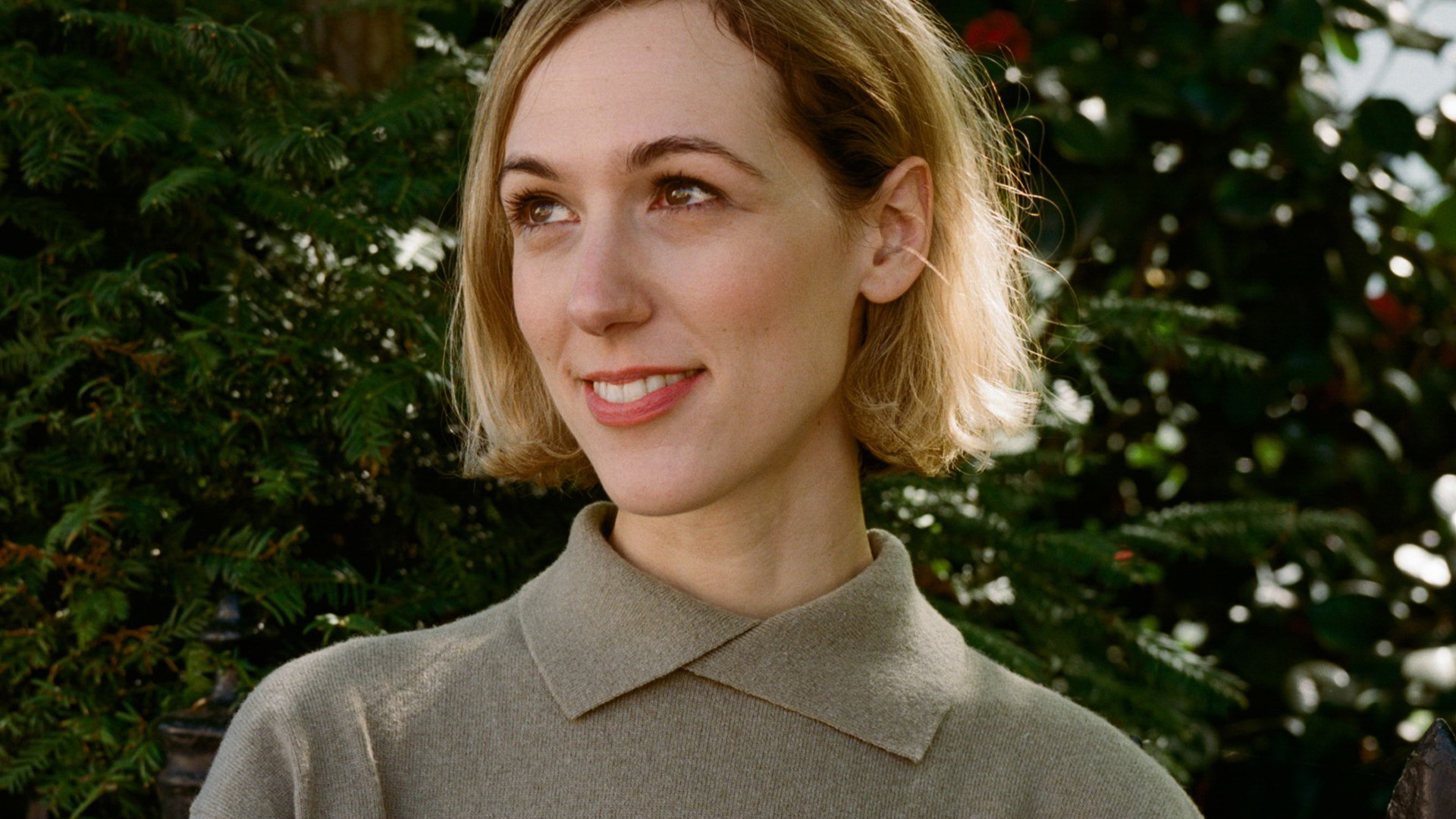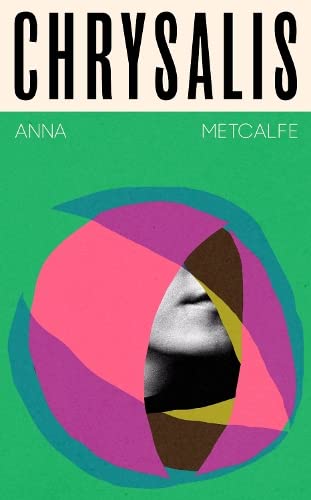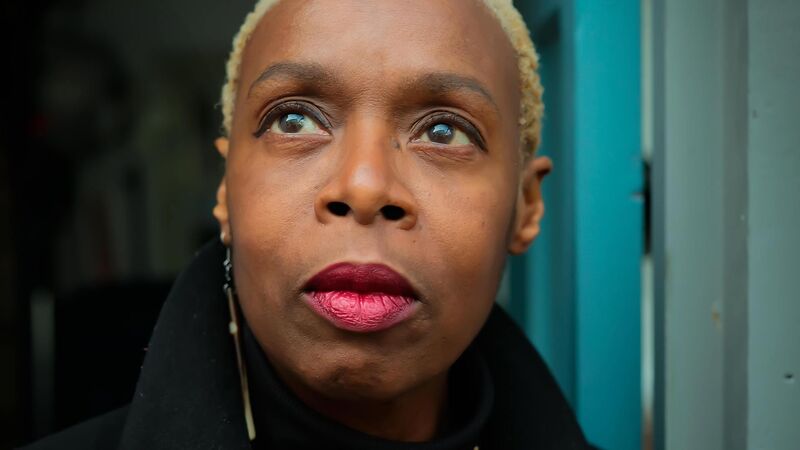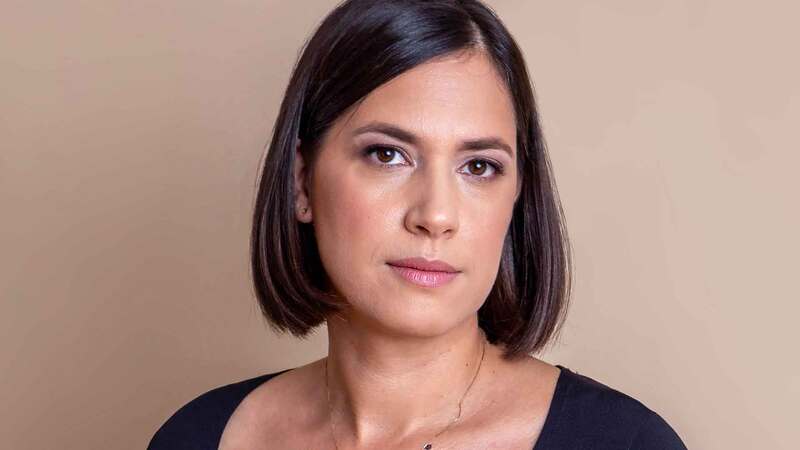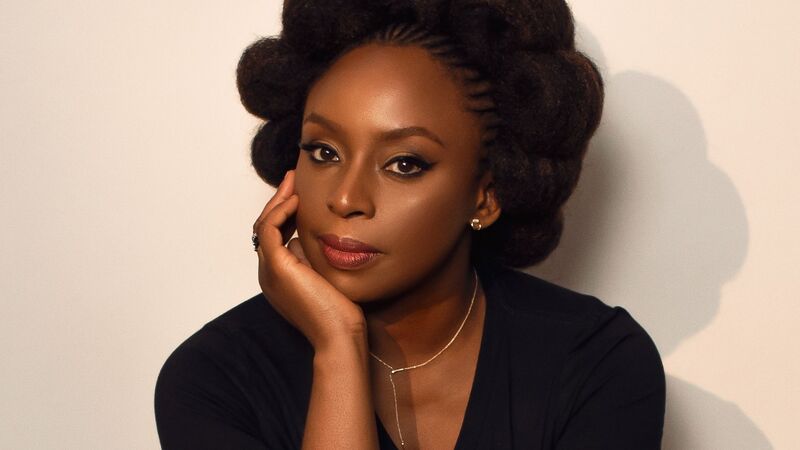You are viewing your 1 free article this month. Login to read more articles.
Anna Metcalfe discusses her Han Kang-inspired debut novel
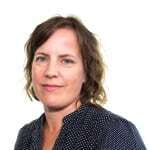 Alice O'Keeffe
Alice O'KeeffeIn a nutshell, I read books for a living. I interview authors for The Bookseller's weekly Author Profile slot and write the monthly New T ...more
Anna Metcalfe‘s debut novel tells of a woman’s transformation into an online phenomenon and explores the fine line between self-care and narcissism.

In a nutshell, I read books for a living. I interview authors for The Bookseller's weekly Author Profile slot and write the monthly New T ...more
"It’s a really extraordinary, inscrutable book, I must have read it 15 times now…” says Anna Metcalfe of Han Kang’s The Vegetarian, translated from Korean by Deborah Smith, which directly inspired her arresting and perfectly formed début novel Chrysalis. In Kang’s Man Booker International-winning novel, the central protagonist Yeong-hye undergoes a mysterious transformation which is relayed to the reader by three other characters— her husband, brother-in-law and sister—but not Yeong-hye herself.
Metcalfe, who teaches creative writing at the University of Birmingham, set her students a timed writing exercise in the classroom: to invent their own “recalcitrant or hard to pin down” protagonist and then describe that character through three different points of view in 20 minutes. She sat down to do the same exercise alongside her students, and Chrysalis was born. “I’ve really borrowed my whole structure from Han Kang, hopefully not in an exercise of plagiarism but more in literary adoration,” she says cheerfully, when we meet for tea near London Bridge.
Chrysalis tells of one unnamed woman’s self-transformation into an online phenomenon from the perspective of three other people: Elliot, who watches her obsessively in the gym; her mother Bella, who frets about the person her anxious child has grown into; and Susie, a former colleague and friend.
Elliot is the first narrator. “At the point that we meet Elliot, he is meeting her,” says Metcalfe. “So, as a reader, and for me as a writer, I got to look at her from the outside before I knew anything about her, as Elliot does.”
The gym setting is particularly apt, not only because the woman is intent on changing her body but also because, as Metcalfe observes: “[Gyms] are really strange places where people spend much longer than usual watching themselves, because there are mirrors everywhere, but also anxiously watching other people… it’s an interesting social environment.”
Over the course of the novel it becomes clear that the woman is preparing for the ‘the next phase’ of her life where she will leave those she knew behind
Character in flux
In the gym, the main character is physically transforming herself but not with the aim of losing weight or toning
up. Instead of working to take up less space in the world, she wants to take up more space; become bigger, stronger, more solid. The second and third narrators enable the reader to start to piece together the woman’s past. Metcalfe decided not to name her protagonist because “she’s rejected so many of her previous identities that a name would seem to pin her to a time that she didn’t belong to any more… it’s part of the erasure of her previous existence.”
Her artist mother Bella describes her relationship to the sometimes fearful and volatile child she sought to soothe, and her former colleague Susie bears witness to the protagonist’s toxic relationship with a man she met at work before she quits her job (and boyfriend) and embarks on her mysterious metamorphosis. But to what end?
Over the course of the novel it becomes clear that the woman is preparing for “the next phase” of her life where she will leave those who knew her behind, in favour of something else. The abandoned narrators watch the content that she creates and posts online: she is a wellness influencer of a sort and her strange videos are devoted to strength and stillness. “Variously all three narrators describe her as being made out of stone or carved from something, so it’s as if she becomes made of some natural material rather than a person. Something that’s more durable or more permanent than a person.”
Everything I write comes out very stripped back and then I fill it in. Maybe because I started writing short stories, everything is always very short and there’s not a lot of depth or texture, then the editing process often makes things longer rather than shorter
As her followers grow, she seems to offer those who watch her online a chance to leave their troubled, messy lives and relationships behind and pursue a more solitary and more perfect existence, as she has. But is this a path to wellness or narcissism?
“In trying to understand her through their perspectives, you slowly come to understand the narrators and their experiences. That form hopefully allows a reader to consider how the things that they look at—the things that they experience, the people that they see or encounter through their phones online—are forces that act upon them. To some extent, the things that you look at, or allow your attention to be consumed by, become constructive [or] destructive forces on yourself.”
Chrysalis unfolds in beautifully clear, sparse prose. “Everything I write comes out very stripped back and then I fill it in. Maybe because I started writing short stories, everything is always very short and there’s not a lot of depth or texture,” she says. “Then the editing process often makes things longer rather than shorter. I end up putting in detail rather than taking it out.”
Metcalfe was shortlisted for the Sunday Times EFG Short Story Award in 2014 for “Number Three”, a story that later appeared in her first collection of short stories, Blind Water Pass, published by John Murray in 2016.
“Sometimes when you give readers loads of details, I feel like you give them a to-do list of things to imagine, whereas if you give them two details, their minds will fill in the rest. And they will feel more invested because of that, because they have co-created it with you.”
Living online and offline
As with Lauren Oyler’s Fake Accounts and Patricia Lockwood’s No One Is Talking About This, Metcalfe’s début novel intelligently probes our interactions with others both online and offline. The author, who was born in 1987 on a British Army base in Germany to teacher parents, had her first social media accounts as a university student. Now, she says she uses social media “sparsely and anxiously”.
“It feels to me as though these platforms demand a certain kind of consistency, that you have to decide what kind of person you are on the internet and then ‘commit’ to being that person on the internet. Which totally doesn’t reflect my experience of being a person in the world!”
Extract
I liked watching her. At first, she didn’t notice or she didn’t care. She never had that thing some people do where if someone’s looking at them they feel it—a warm spot on the face or the neck—and then, without thinking, they turn. If she did feel the spot, she could ignore it. She had trained herself for that. It was part of her big project, to be as still as possible. She wanted to be unmoved.
I first met her at the gym. It was early in the afternoon and busier than I would have liked. People, on the whole, make me nervous, but not because I’m insecure. I’m self-employed and live alone. I prefer my own company and keep my own time. I’ve become very good at finding the quietest possible time to do anything, and I’ve been a regular at the gym for a while. Like any habitat, it has its own rhythm, a circadian flow. Once you know how it goes, it’s easy to make it work for you.
Metcalfe muses: “I don’t know what it is about those platforms, maybe it’s the commercial nature of them or the way that influencers brand themselves, but it’s that consistency that lends itself well to this character because she is looking for the ultimate control over life, with no interventions or interruptions, and so she wants to be static. But for me, the idea of that kind of statis is terrifying.”




